Lowe’s Cos. has made significant adjustments to its diversity, equity, and inclusion (DEI) programs, scaling back its involvement with certain advocacy efforts and DEI surveys.
Specifically, the company will cease participation in surveys for the LGBTQ advocacy group, the Human Rights Campaign, as detailed in an internal note that Bloomberg News viewed.
Streamlining Employee Groups
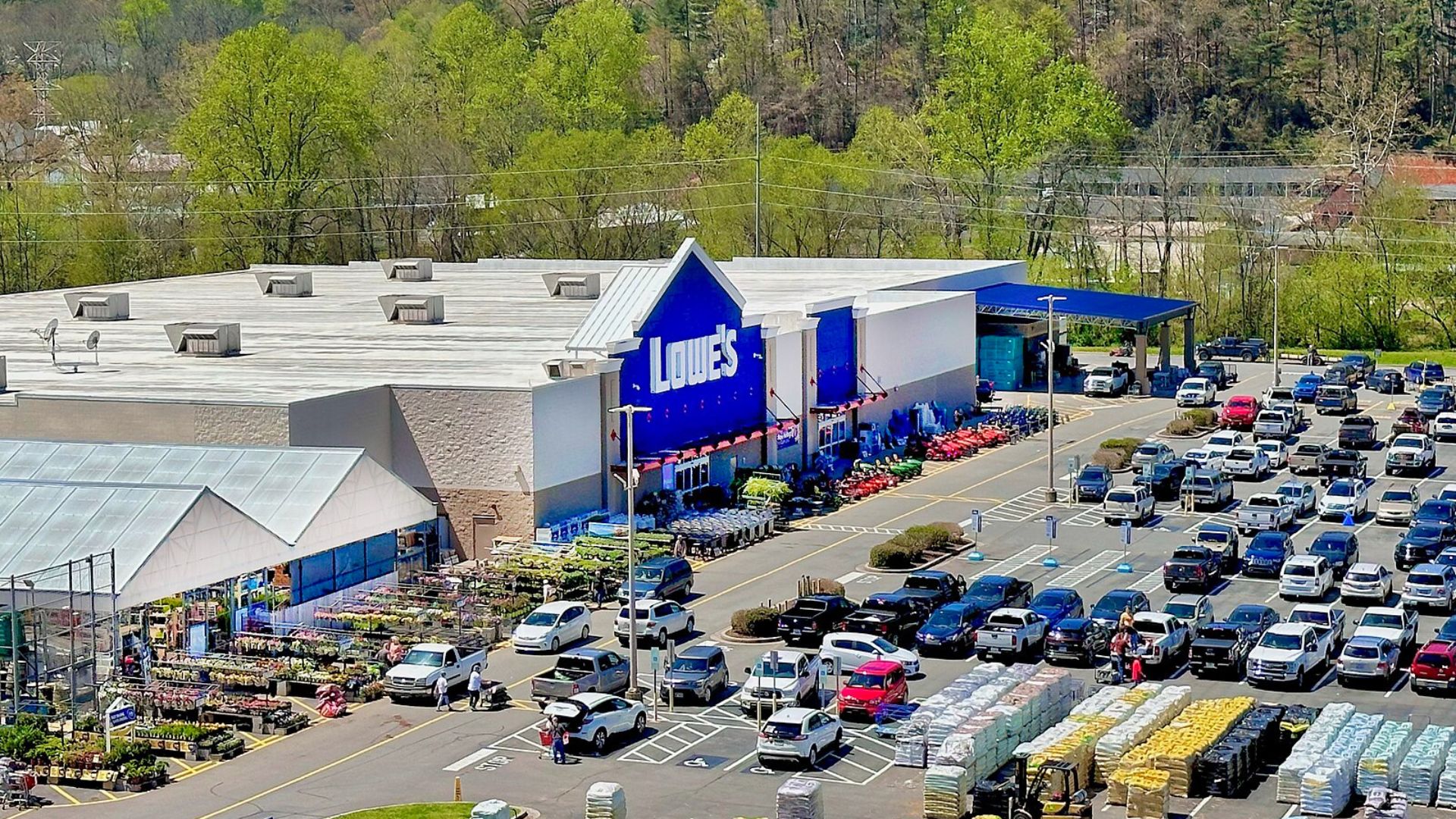
Lowe’s has announced that it will consolidate its various business resource groups, which represent diverse employees, into one umbrella organization.
This decision was communicated through an internal note, indicating a shift towards a more centralized approach to managing workplace diversity.
Narrowing Focus on Community Involvement
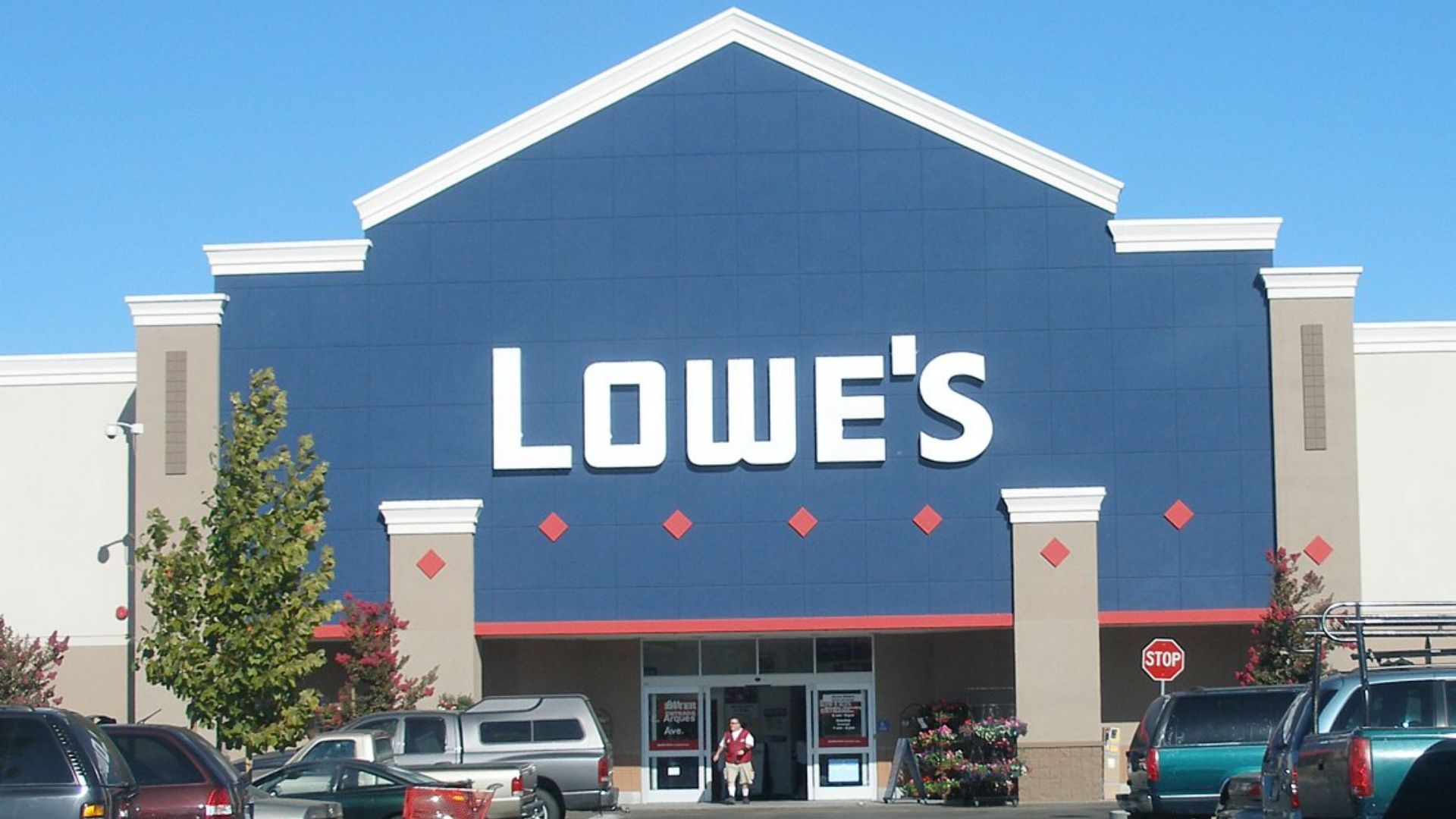
According to the same internal note, Lowe’s will now prioritize sponsoring events strictly related to safe and affordable housing, disaster relief, and skilled trades education.
The company has decided not to participate in community events outside of these specific areas, reflecting a more focused strategy on social responsibility.
National Trend of Scaling Back on DEI
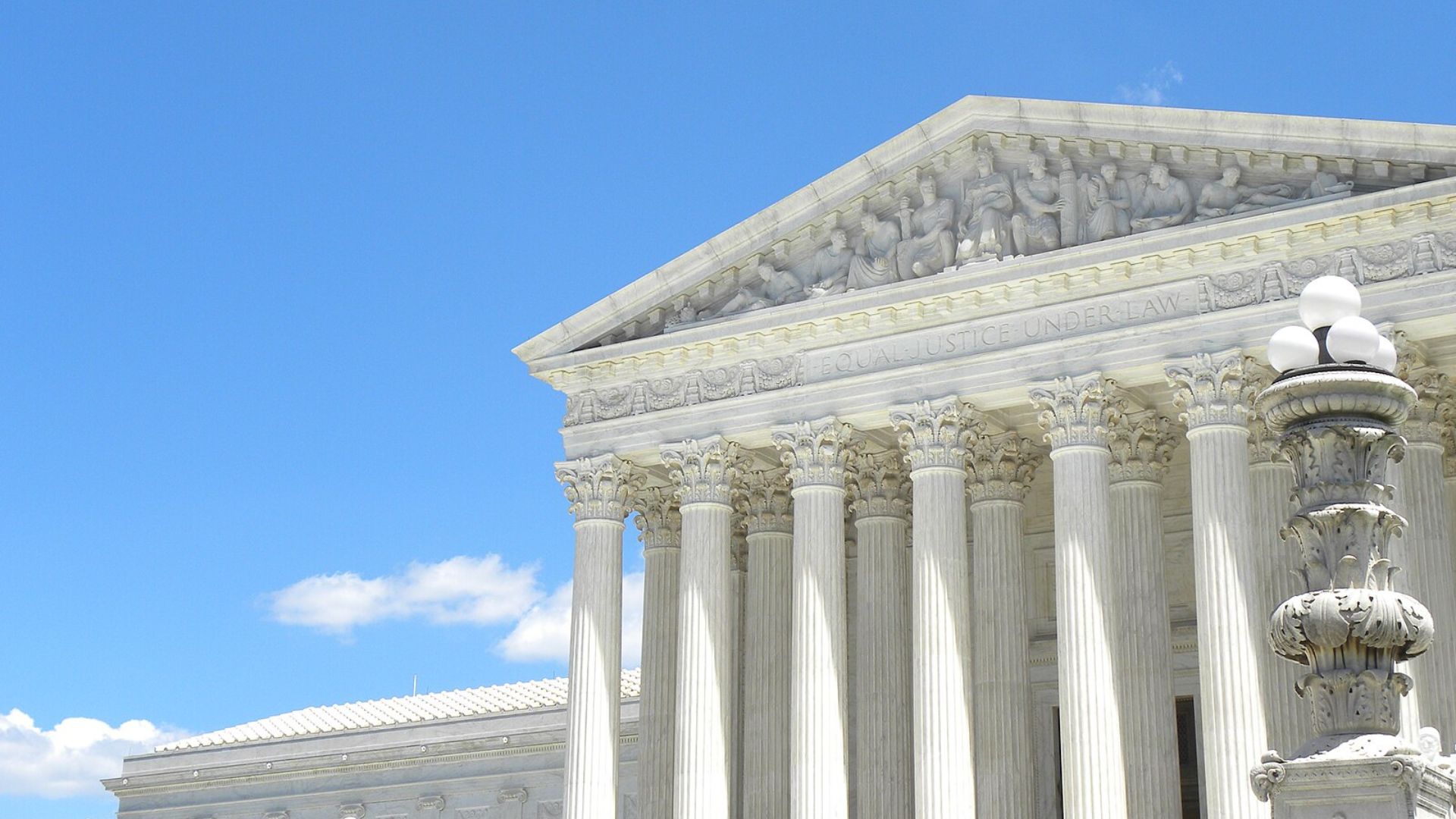
The death of George Floyd in 2020 and the subsequent racial reckoning led many U.S. corporations to adopt expansive DEI programs.
However, a Supreme Court decision last year banning affirmative action at universities has contributed to a retrenchment in these initiatives, with legal challenges and societal pressures influencing corporate policies.
Robby Starbuck’s Role in DEI Changes
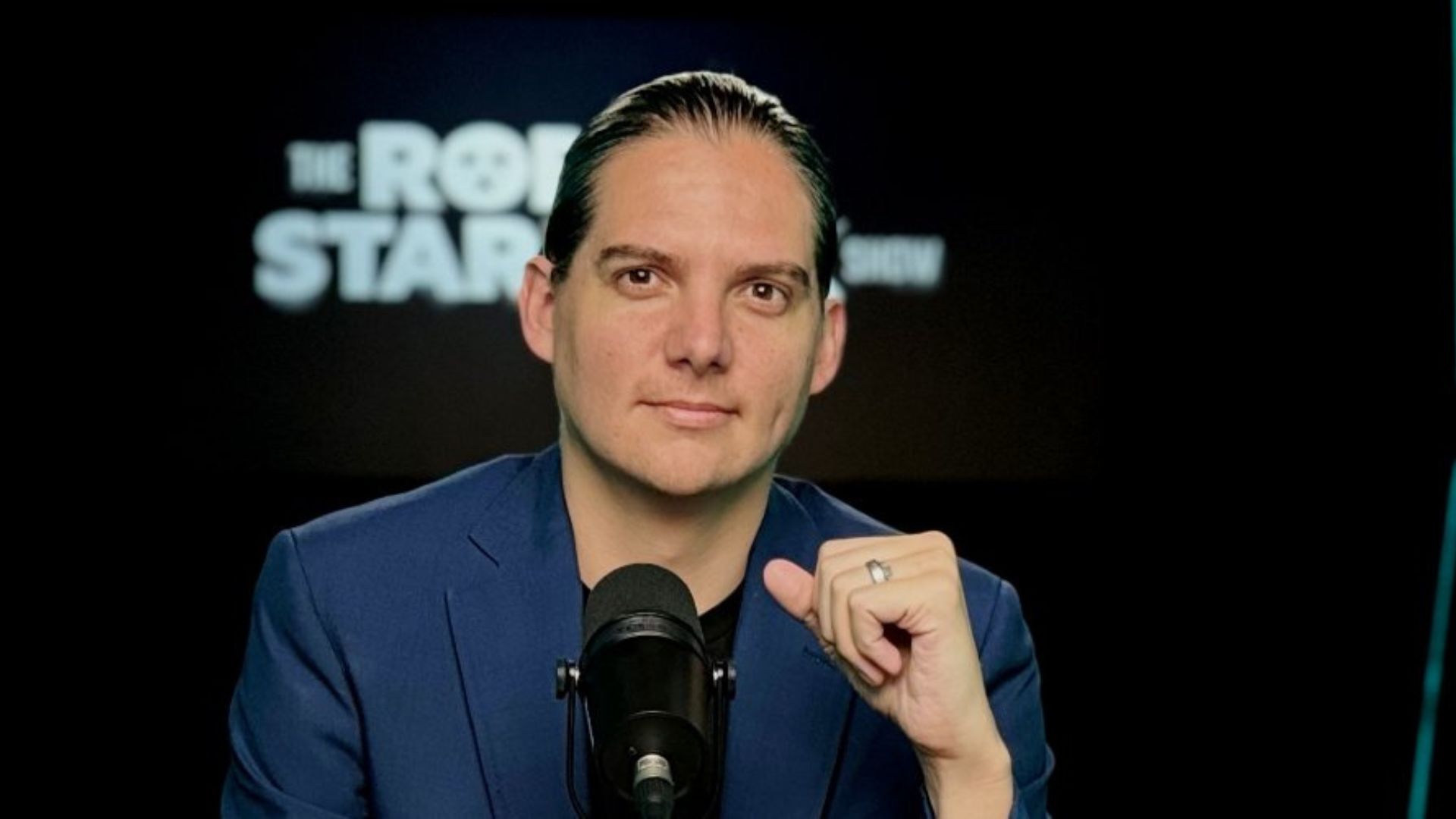
Activist Robby Starbuck has been vocal about his influence on companies reducing their DEI efforts, stating that the company changed its DEI policy after Starbuck reached out to the firm last week, a claim he made on the platform X, formerly Twitter.
His actions have been central to the public discourse around corporate DEI practices.
Timing of Lowe’s DEI Adjustments
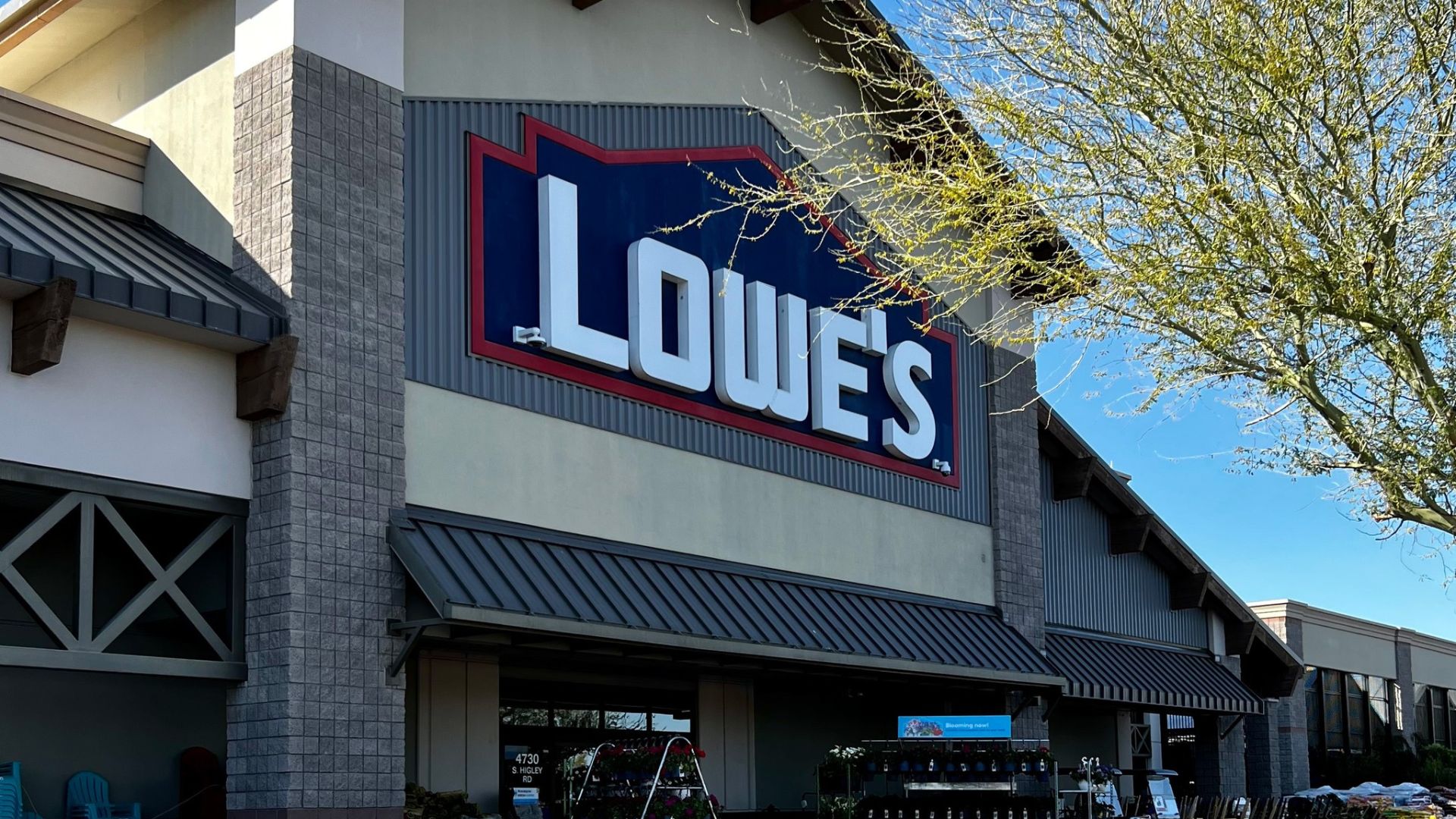
Responding to the claims of activist influence, Lowe’s spokesman Steve Salazar clarified, “Starbuck reached out after the company had already begun making changes to its DEI program.”
This statement suggests that the revisions were part of an ongoing internal review rather than a direct result of external pressures.
Recognition for Workplace Equality
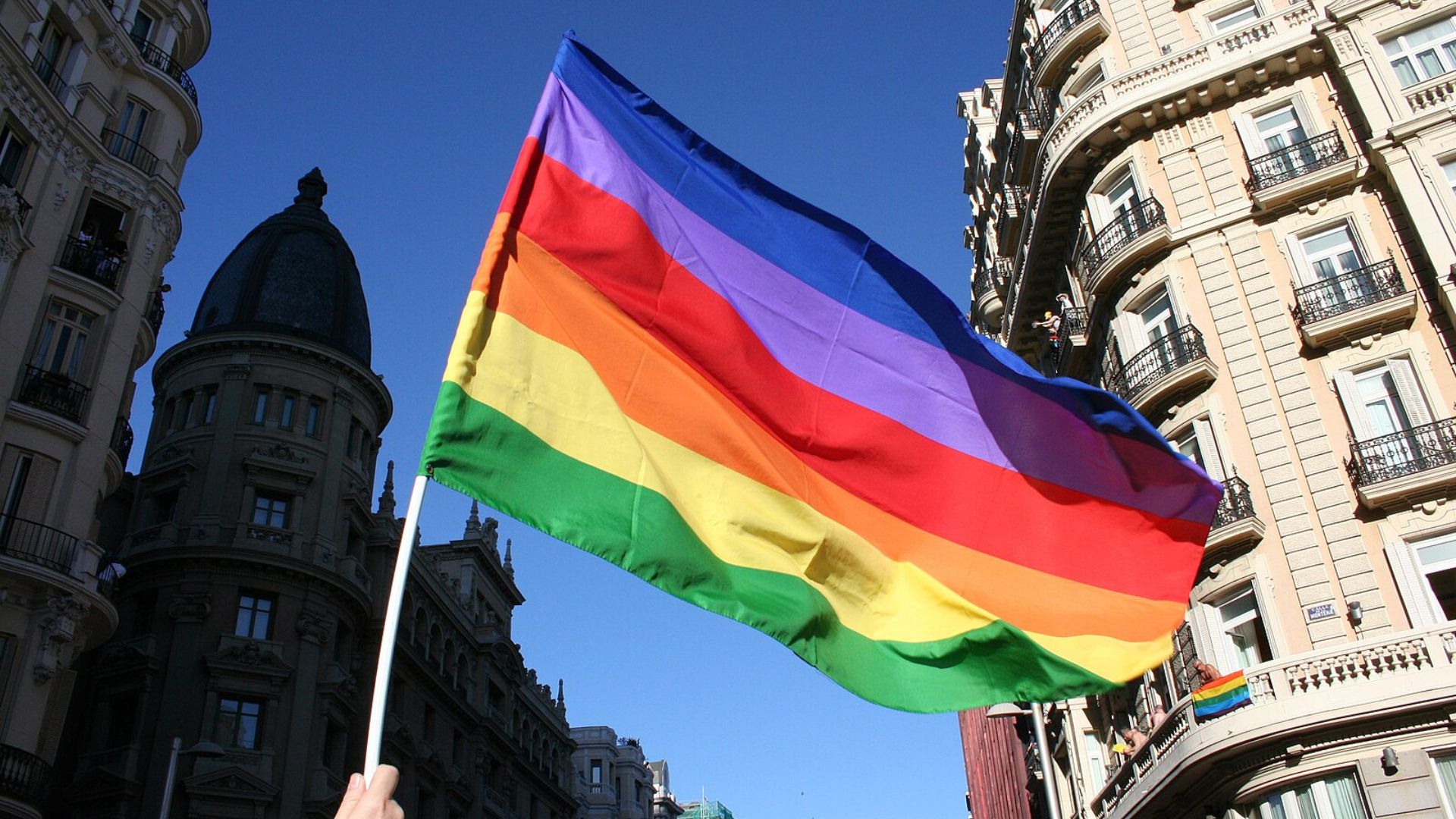
Prior to these changes, Lowe’s was recognized as the “best place to work for LGBTQ equality” by the Human Rights Campaign and reported an 11% increase in people of color among its domestic officers in its latest diversity report.
These accolades highlight the company’s previous commitments to fostering an inclusive workplace.
Industry-Wide Reduction in DEI Efforts
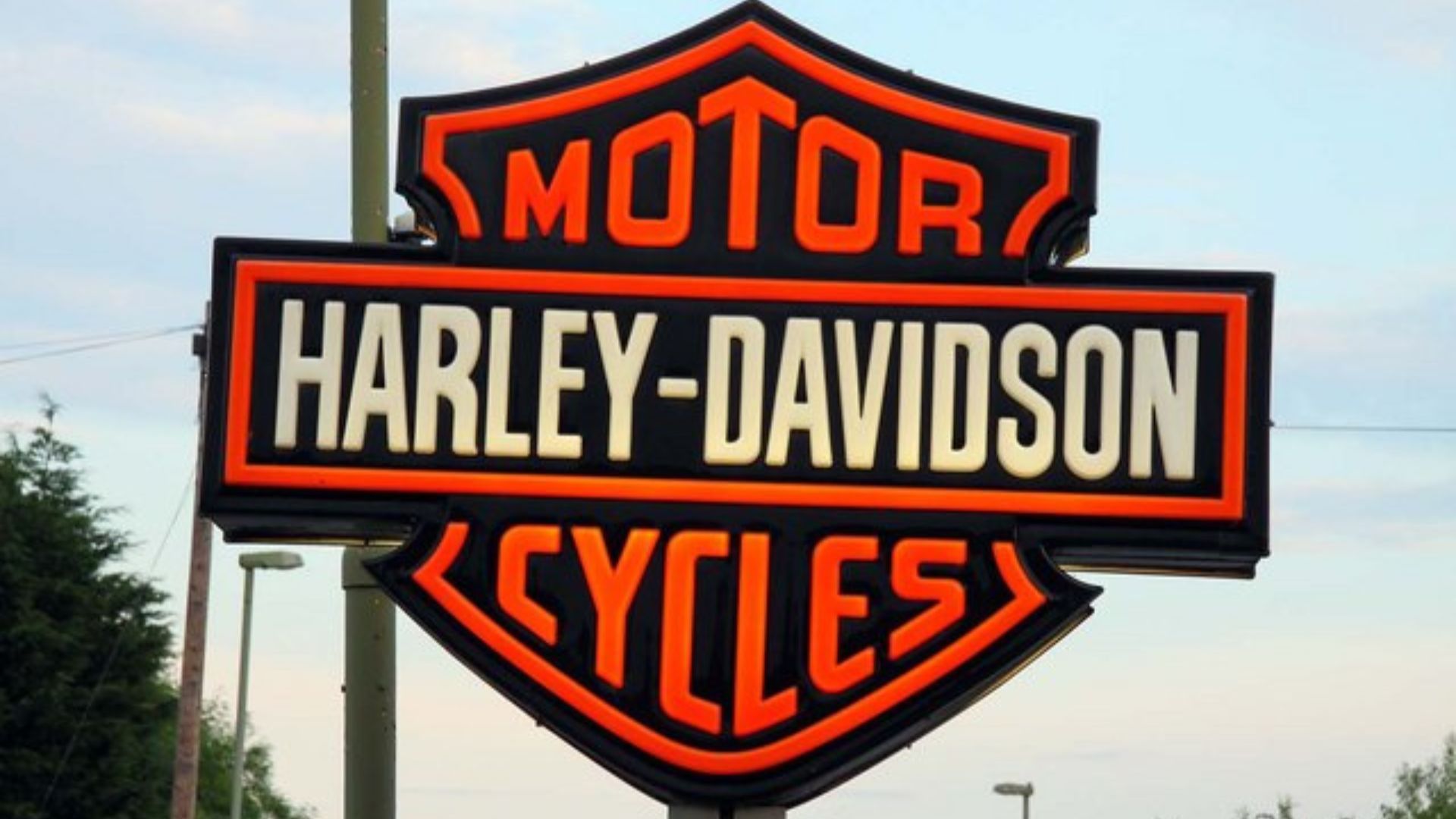
Lowe’s is not alone in its decision to curtail DEI activities.
Similar actions have been taken by Tractor Supply Co., Deere & Co., and Harley-Davidson Inc., following campaigns against their DEI policies. This trend reflects a broader movement within the corporate sector to reevaluate such initiatives.
Future of Corporate Diversity Initiatives
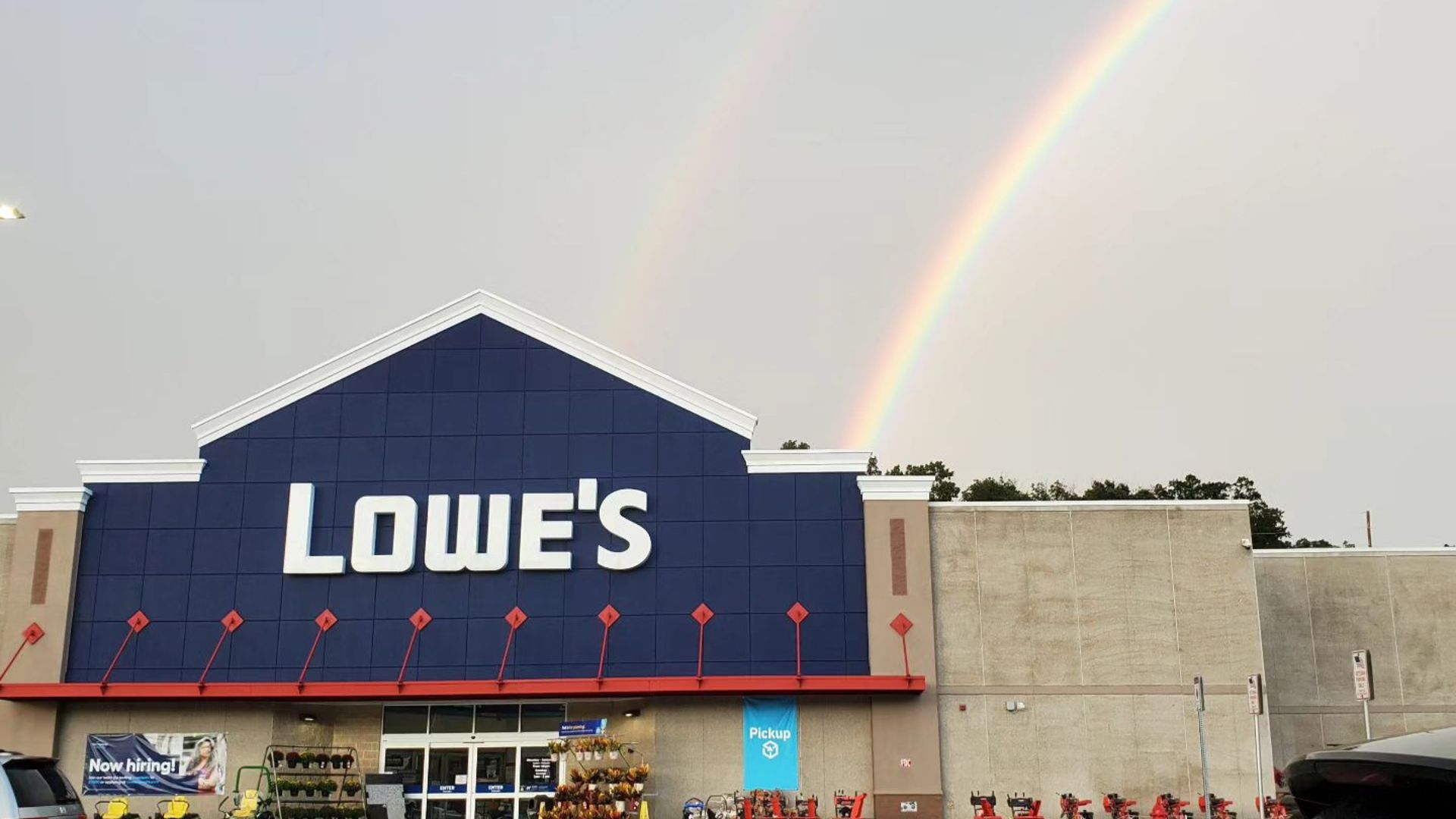
The reduction in DEI programs by companies like Lowe’s could potentially influence perceptions of corporate commitment to diversity and inclusion.
This shift may impact how companies are viewed by potential employees, customers, and business partners, particularly those who value strong DEI commitments.
Legal and Social Influences on Corporate DEI
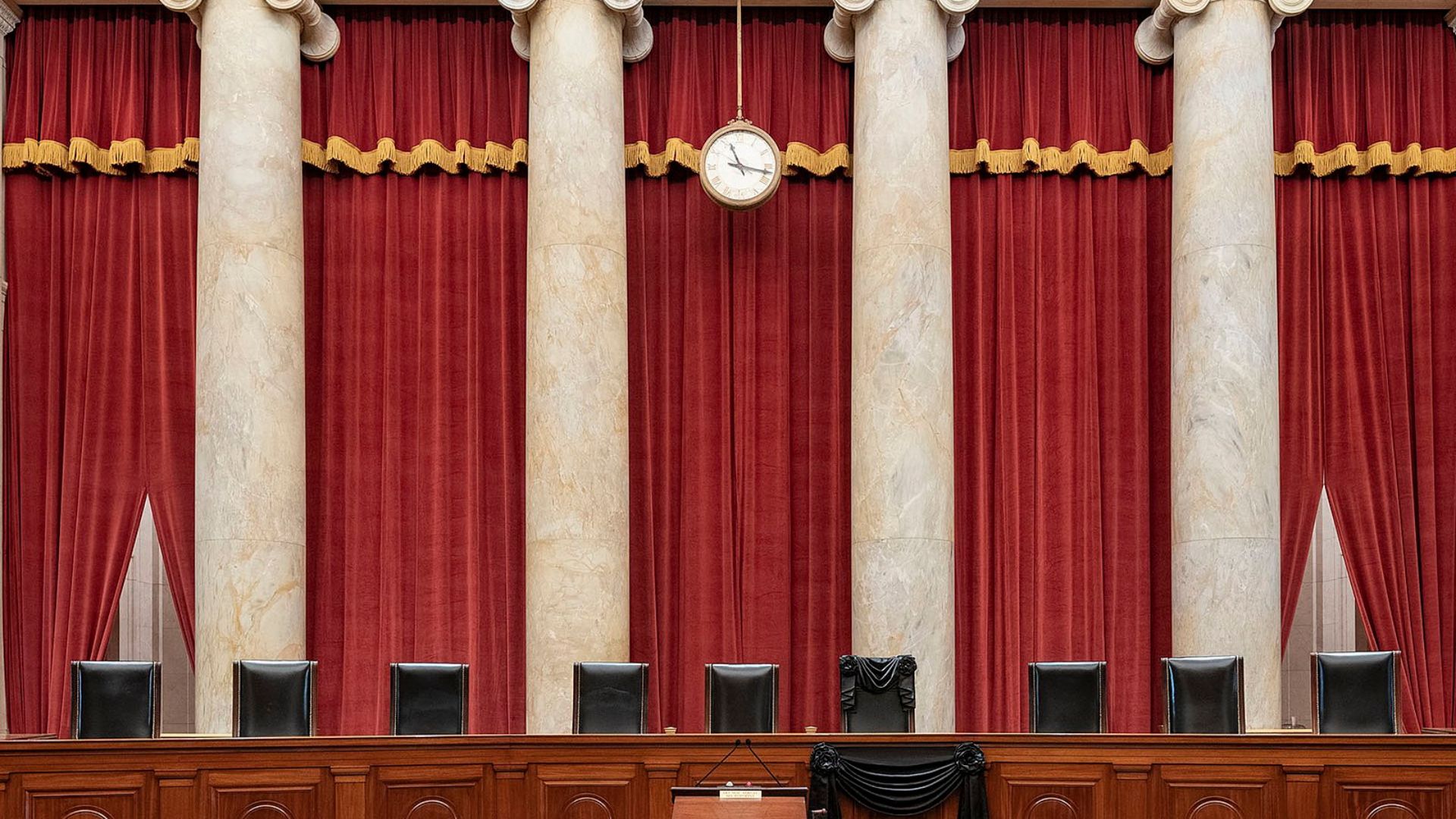
The landscape for corporate DEI is being reshaped by legal precedents and activism.
The Supreme Court’s stance against affirmative action and the activities of figures like Edward Blum and Stephen Miller have energized legal challenges against corporate DEI practices, setting a new legal context for these initiatives.
Internal Reactions at Lowe’s
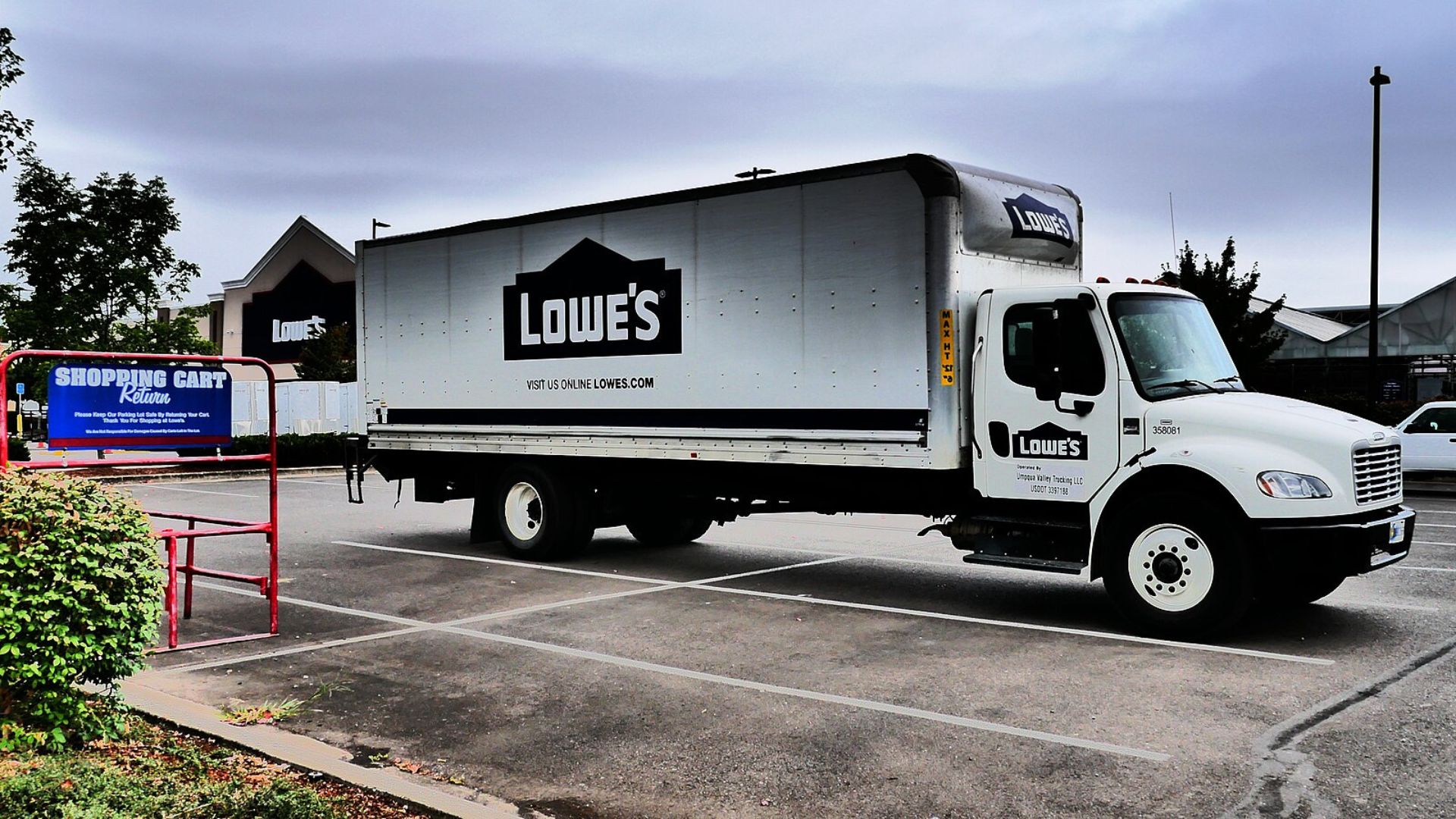
The integration of diverse business resource groups into a single entity has elicited mixed reactions within Lowe’s.
While some employees may view this as a positive step towards unity, others might be concerned about the potential dilution of advocacy for specific demographic groups.
The Evolving State of DEI in Business
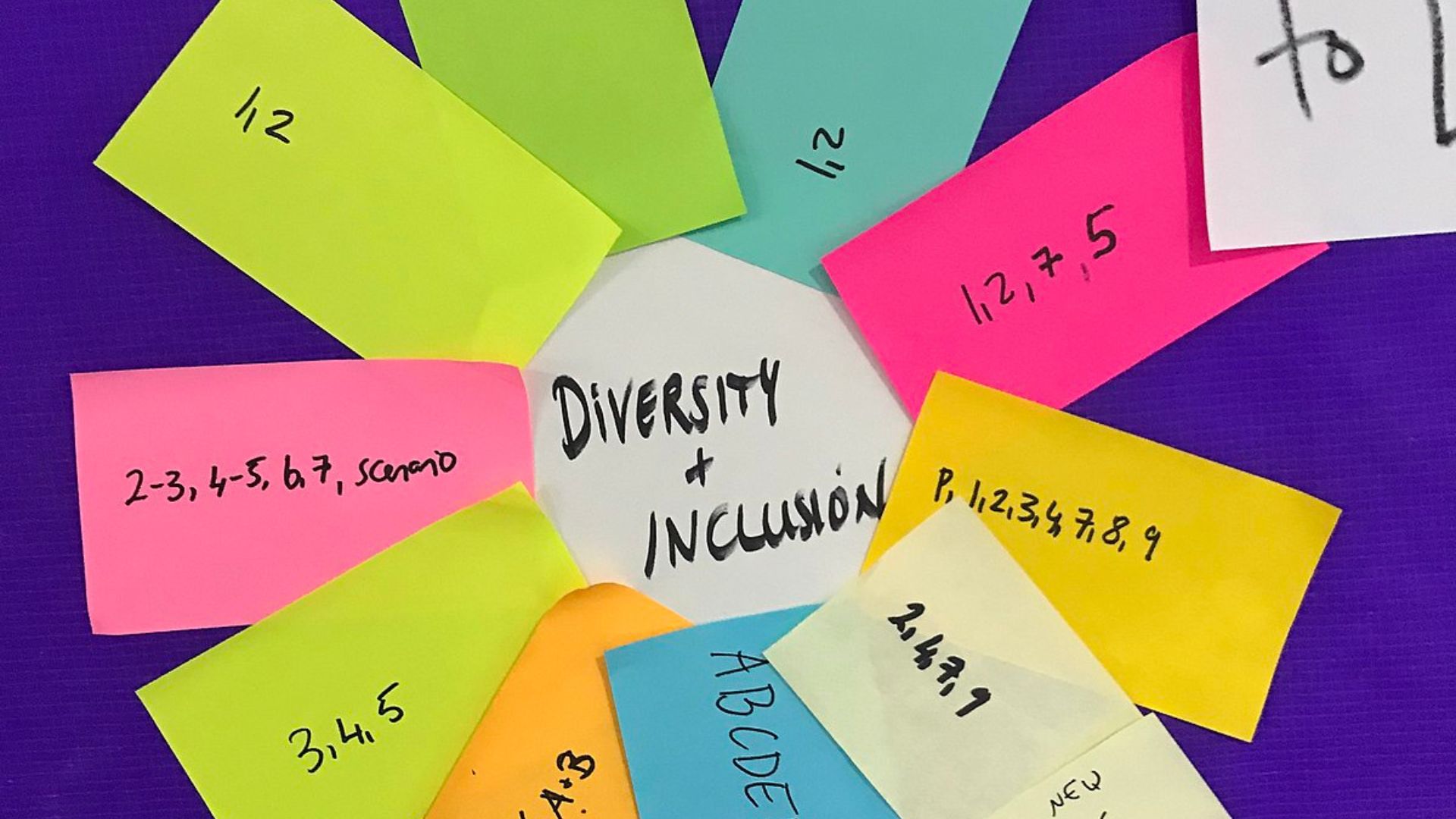
As businesses like Lowe’s adjust their DEI strategies, it remains to be seen how these changes will affect the broader corporate landscape.
The ongoing dialogue on diversity and inclusion will likely continue to evolve, influenced by societal trends, legal developments, and corporate decisions.
